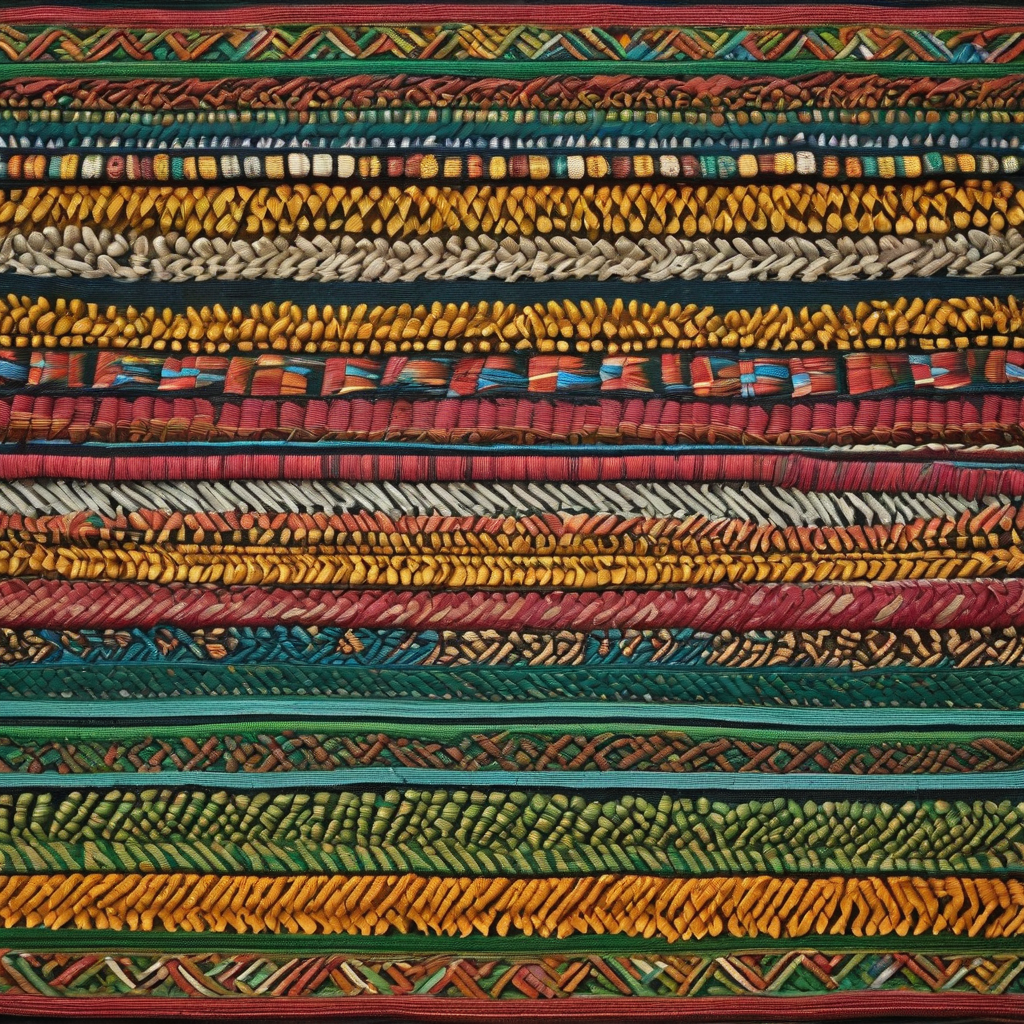In the Cakaudrove province, efforts to uplift women are gaining momentum through the impactful work of the Soqosoqo Vakamarama iTaukei Cakaudrove (SVTC). Funded by the New Zealand Government and supported by Women’s Fund Fiji, SVTC is making significant strides in creating awareness and fostering skills that lead to financial independence among women throughout the region, including Tavuki on Taveuni Island.
Talisia Maisamoa, a 53-year-old mother and wife of the village headman, epitomizes the success of this initiative. Inspired by her training, Talisia and the other women in Tavuki are embodying the Fijian principle of solesolevaki, which emphasizes collaboration. They have collectively committed to planting 50 pandanus trees to revive traditional weaving practices that provide a sustainable source of income. Talisia has turned her craft into a livelihood by selling traditional mats for at least $150 each, showcasing not just her skills but also her potential for economic empowerment.
“Initially, we viewed our work as small. Now, we recognize our collective power,” Talisia remarks, reflecting the newfound perspective among these women. Every Tuesday, the women gather to plant, weave, and support each other, strengthening their community ties while elevating productivity. Beyond weaving, they have formed business groups to access micro-loans, leading to significant life improvements such as home renovations and the acquisition of essential equipment for family ventures.
Village headman Rafaele Maisamoa echoes the transformative impact of these initiatives, noting that women are now taking the lead in community development projects, marking a significant shift in the social dynamics of Tavuki.
This empowerment program aligns with the New Zealand Government’s commitment to fostering safety and security in communities across Fiji and promoting gender equality. Similarly, the Lifebread Stay Connected Foundation in Lautoka has also been active in empowering women through workshops focused on traditional and contemporary weaving techniques, emphasizing the creation of marketable products that enhance personal income potential. Such endeavors are interlinked, promoting creativity and financial independence among women in various regions of Fiji.
As these initiatives continue to thrive, they signify a hopeful narrative of resilience and progress, encouraging more women to embrace their capabilities and contribute actively to their communities. The collective efforts of women like Talisia and her peers demonstrate a transformative journey towards empowerment and sustainability, paving the way for stronger, more equitable societies.
